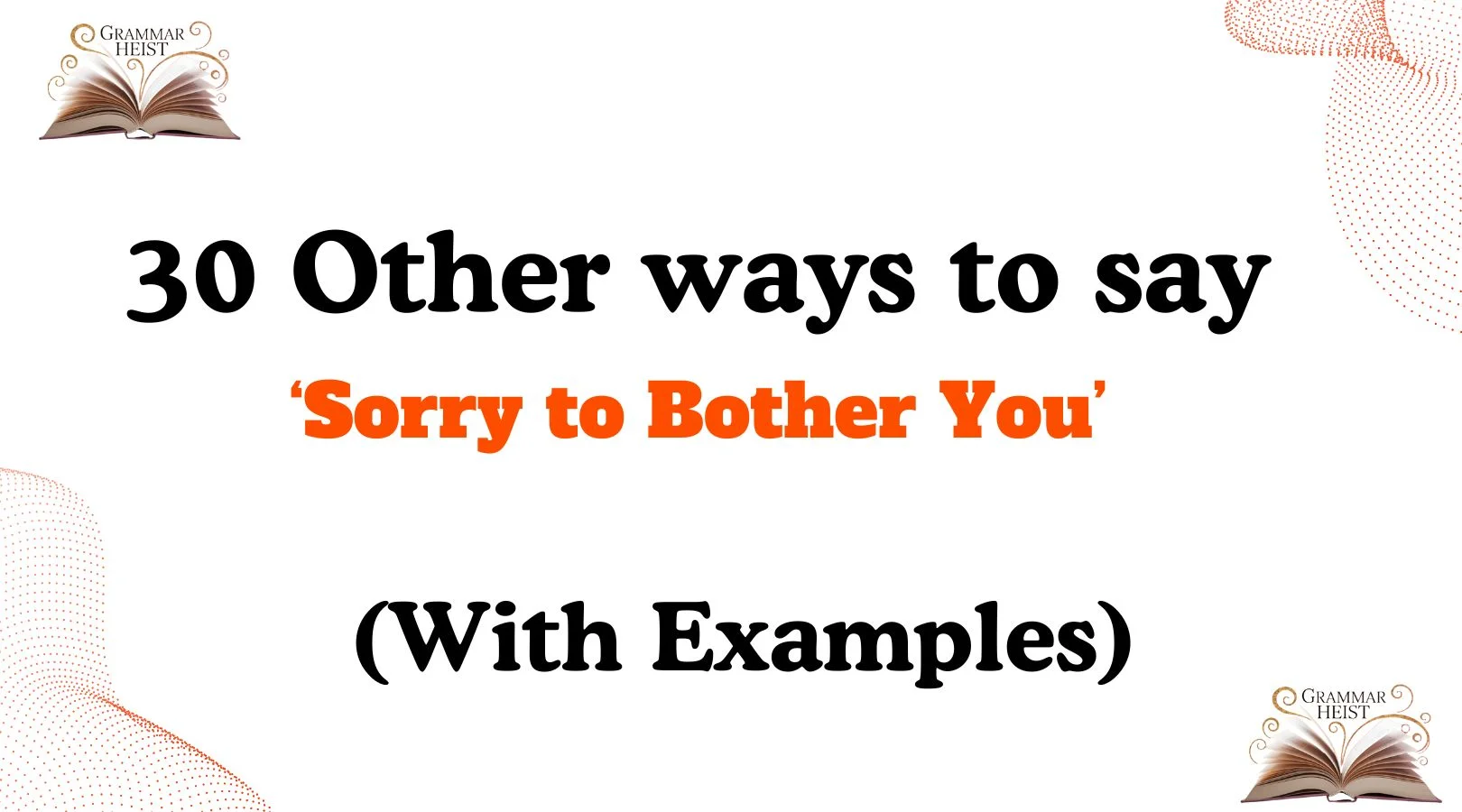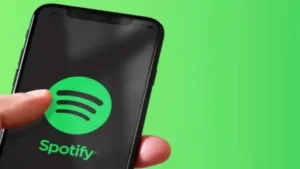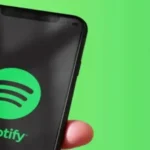Finding the right words can make all the difference when reaching out to someone. Saying “sorry to bother you” is polite, but sometimes it can sound a little too formal, overly apologetic, or repetitive. Choosing warmer, more thoughtful phrases can help your message feel caring, respectful, and genuine—whether you’re speaking with a colleague, a friend, or a stranger.
In this guide, we’ll explore 30 alternatives to “sorry to bother you”—with examples, scenarios, and tone suggestions to help you communicate with warmth and confidence.
What Does “Sorry to Bother You” Mean?
The phrase “sorry to bother you” is used when someone needs another person’s attention but wants to be polite about it. It communicates respect for their time and acknowledges that you might be interrupting them.
Is It Professional/Polite to Say “Sorry to Bother You”?
Yes, it’s considered both professional and polite. However, in some contexts it can sound overly apologetic, especially in workplaces where clear and confident communication is valued. Using alternatives can soften your tone while still being respectful.
Pros or Cons of Saying “Sorry to Bother You”
Pros:
- Shows respect and politeness.
- Acknowledges the other person’s time.
- Helps reduce any perception of rudeness.
Cons:
- Can sound overly apologetic.
- May make you appear less confident.
- Repeated use can feel robotic or insincere.
Synonyms For“Sorry to Bother You”
- I hope this isn’t a bad time
- I don’t want to interrupt
- I’ll be quick
- I appreciate your time
- May I ask you something quickly?
- I know you’re busy, but…
- When you have a moment
- I hate to trouble you
- I hope I’m not interrupting
- I just wanted to ask
- I hope I’m not disturbing you
- Could I borrow a moment?
- At your convenience
- I’ll be brief
- May I take a moment of your time?
- When it’s convenient for you
- I hope this is okay to ask
- I don’t mean to intrude
- Can I check something quickly?
- Just a quick question
- Do you have a second?
- I’ll keep it short
- I’d value your input
- I need your guidance on something
- I appreciate your patience
- Could I get your thoughts?
- If you don’t mind me asking
- Is now an okay time?
- I just need a quick favor
- I’d be grateful for your help
1. I Hope This Isn’t a Bad Time
Scenario: You need to contact someone but want to ensure you’re not interrupting.
Examples:
- “I hope this isn’t a bad time, but I wanted to ask about tomorrow’s meeting.”
- “I hope this isn’t a bad time to call—do you have a quick minute?”
- “I hope this isn’t a bad time, but I’d love your thoughts on this proposal.”
Tone: Polite, respectful, and professional.
Explanation: This phrase shows care without being overly apologetic—it acknowledges their schedule while keeping the tone considerate.
2. I Don’t Want to Interrupt
Scenario: You’re approaching someone who looks busy.
Examples:
- “I don’t want to interrupt, but could you clarify this part for me?”
- “I don’t want to interrupt—should I come back later?”
- “I don’t want to interrupt, but I have a quick update for you.”
Tone: Respectful and mindful.
Explanation: It emphasizes awareness of their time, showing sensitivity to their workload.
3. I’ll Be Quick
Scenario: You have something brief to say but want to reassure the person.
Examples:
- “I’ll be quick—I just need your signature here.”
- “I’ll be quick, but I wanted to confirm the details.”
- “I’ll be quick—just a small question about the schedule.”
Tone: Friendly and efficient.
Explanation: It respects the person’s time by signaling you won’t take long.
4. I Appreciate Your Time
Scenario: You’re reaching out for help or advice.
Examples:
- “I appreciate your time—could you review this draft?”
- “I appreciate your time and just wanted your quick feedback.”
- “I appreciate your time—thanks for considering this request.”
Tone: Grateful and professional.
Explanation: Instead of apologizing, it emphasizes gratitude, leaving a positive impression.
5. May I Ask You Something Quickly?
Scenario: You need permission before starting a conversation.
Examples:
- “May I ask you something quickly about the project?”
- “May I ask you something quickly before you head out?”
- “May I ask you something quickly regarding the report?”
Tone: Polite and respectful.
Explanation: Asking permission softens the request and gives them control.
6. I Know You’re Busy, But…
Scenario: You recognize they have a lot going on.
Examples:
- “I know you’re busy, but could you confirm this detail?”
- “I know you’re busy, but I’d appreciate your thoughts.”
- “I know you’re busy, but is now a good time to talk?”
Tone: Empathetic and considerate.
Explanation: It shows awareness of their workload while still making the request.
7. When You Have a Moment
Scenario: You want to give flexibility to the other person.
Examples:
- “When you have a moment, could you review this?”
- “When you have a moment, let’s go over the numbers.”
- “When you have a moment, I’d like to chat.”
Tone: Flexible and respectful.
Explanation: It avoids pressure and gives them space to respond at their convenience.
8. I Hate to Trouble You
Scenario: You need something but don’t want to seem demanding.
Examples:
- “I hate to trouble you, but could you resend the file?”
- “I hate to trouble you, but I’m locked out of the system.”
- “I hate to trouble you, but do you have a spare minute?”
Tone: Gentle and humble.
Explanation: Similar to “sorry to bother you,” but with a softer, more heartfelt touch.
9. I Hope I’m Not Interrupting
Scenario: You’re joining a conversation or calling unexpectedly.
Examples:
- “I hope I’m not interrupting—do you have time to discuss this?”
- “I hope I’m not interrupting your work, but I need help.”
- “I hope I’m not interrupting—can we talk later if now’s not good?”
Tone: Courteous and professional.
Explanation: A gentle way to check in without sounding too apologetic.
10. I Just Wanted to Ask
Scenario: You’re easing into a small request.
Examples:
- “I just wanted to ask if you’ve seen the updated file.”
- “I just wanted to ask about tomorrow’s agenda.”
- “I just wanted to ask if you’re available later.”
Tone: Casual and approachable.
Explanation: Keeps the request simple and non-intrusive.
11. I Hope I’m Not Disturbing You
Scenario: You’re unsure if the timing is appropriate.
Examples:
- “I hope I’m not disturbing you, but I’d love your input on this.”
- “I hope I’m not disturbing you—just wanted to check a quick detail.”
- “I hope I’m not disturbing you, but could we schedule a call?”
Tone: Gentle and cautious.
Explanation: Shows respect while still asking for help or feedback.
12. Could I Borrow a Moment?
Scenario: You need a very short amount of time.
Examples:
- “Could I borrow a moment to ask about the budget figures?”
- “Could I borrow a moment before the meeting starts?”
- “Could I borrow a moment for a quick signature?”
Tone: Polite and lighthearted.
Explanation: Framing it as “borrowing” softens the request, making it feel temporary.
13. At Your Convenience
Scenario: You’re not in a rush and want to respect their timing.
Examples:
- “At your convenience, could you review this draft?”
- “At your convenience, I’d appreciate your feedback.”
- “At your convenience, let’s catch up.”
Tone: Professional and flexible.
Explanation: A considerate phrase that avoids pressure and fits well in emails.
14. I’ll Be Brief
Scenario: You have something short but important to say.
Examples:
- “I’ll be brief—just a quick update on the client call.”
- “I’ll be brief, but this needs your attention.”
- “I’ll be brief—could you approve this?”
Tone: Efficient and direct.
Explanation: Sets clear expectations and respects their time.
15. May I Take a Moment of Your Time?
Scenario: You need to formally ask for their attention.
Examples:
- “May I take a moment of your time to explain this issue?”
- “May I take a moment of your time before you leave?”
- “May I take a moment of your time for feedback?”
Tone: Respectful and formal.
Explanation: Ideal for professional or higher-stakes requests.
16. When It’s Convenient for You
Scenario: You want them to decide the best timing.
Examples:
- “When it’s convenient for you, can we discuss this project?”
- “When it’s convenient for you, I’d like your advice.”
- “When it’s convenient for you, let’s go over the details.”
Tone: Courteous and flexible.
Explanation: Removes urgency and gives them full control over timing.
17. I Hope This Is Okay to Ask
Scenario: You’re about to make a request that might feel sensitive.
Examples:
- “I hope this is okay to ask, but could you help with this?”
- “I hope this is okay to ask—are you available tomorrow?”
- “I hope this is okay to ask, but may I request an extension?”
Tone: Careful and empathetic.
Explanation: Adds kindness and thoughtfulness, reducing pressure.
18. I Don’t Mean to Intrude
Scenario: You need to join in on something already happening.
Examples:
- “I don’t mean to intrude, but may I share an update?”
- “I don’t mean to intrude, but could I add a thought here?”
- “I don’t mean to intrude, but I wanted to clarify something.”
Tone: Humble and respectful.
Explanation: Shows sensitivity when entering someone else’s space or time.
19. Can I Check Something Quickly?
Scenario: You only need quick clarification.
Examples:
- “Can I check something quickly—was the deadline extended?”
- “Can I check something quickly before you finalize that?”
- “Can I check something quickly—are we still on schedule?”
Tone: Casual and efficient.
Explanation: Keeps things light and direct without being apologetic.
20. Just a Quick Question
Scenario: You want to signal brevity upfront.
Examples:
- “Just a quick question—did you receive my email?”
- “Just a quick question, do you prefer option A or B?”
- “Just a quick question about tomorrow’s meeting.”
Tone: Friendly and concise.
Explanation: Simple, clear, and very common in workplace settings.
21. Do You Have a Second?
Scenario: You’re checking availability before speaking.
Examples:
- “Do you have a second to go over this?”
- “Do you have a second for a quick chat?”
- “Do you have a second before the meeting starts?”
Tone: Light and approachable.
Explanation: It’s casual and respectful, showing you’ll be brief.
22. I’ll Keep It Short
Scenario: You’re about to ask but want to reassure them.
Examples:
- “I’ll keep it short—just one small question.”
- “I’ll keep it short, but I need your input.”
- “I’ll keep it short—could you confirm this?”
Tone: Friendly yet efficient.
Explanation: Combines politeness with a time-conscious approach.
23. I’d Value Your Input
Scenario: You want advice or feedback.
Examples:
- “I’d value your input on this draft.”
- “I’d value your input before sending this out.”
- “I’d value your input on the presentation slides.”
Tone: Appreciative and respectful.
Explanation: Highlights their importance instead of apologizing.
24. I Need Your Guidance on Something
Scenario: You’re seeking help from someone experienced.
Examples:
- “I need your guidance on this client matter.”
- “I need your guidance on how to approach this issue.”
- “I need your guidance before finalizing this.”
Tone: Respectful and humble.
Explanation: Puts the focus on their expertise, not the interruption.
25. I Appreciate Your Patience
Scenario: You’ve already asked before or know it takes extra effort.
Examples:
- “I appreciate your patience—could you review this again?”
- “I appreciate your patience with my questions.”
- “I appreciate your patience as I clarify this.”
Tone: Grateful and polite.
Explanation: Shifts the focus from apology to gratitude.
26. Could I Get Your Thoughts?
Scenario: You’re requesting an opinion.
Examples:
- “Could I get your thoughts on the report?”
- “Could I get your thoughts before we finalize?”
- “Could I get your thoughts on this draft?”
Tone: Respectful and appreciative.
Explanation: Invites collaboration instead of apology.
27. If You Don’t Mind Me Asking
Scenario: You’re raising a question that might be personal or delicate.
Examples:
- “If you don’t mind me asking, could you share your feedback?”
- “If you don’t mind me asking, are you available tomorrow?”
- “If you don’t mind me asking, how do you prefer this handled?”
Tone: Careful and considerate.
Explanation: Adds gentleness to questions that may need sensitivity.
28. Is Now an Okay Time?
Scenario: You want to check timing first.
Examples:
- “Is now an okay time to go over the report?”
- “Is now an okay time to ask a quick question?”
- “Is now an okay time for a quick call?”
Tone: Respectful and thoughtful.
Explanation: Gives the person control, reducing any sense of pressure.
29. I Just Need a Quick Favor
Scenario: You’re requesting small help.
Examples:
- “I just need a quick favor—could you forward that file?”
- “I just need a quick favor before the deadline.”
- “I just need a quick favor, would you check this?”
Tone: Friendly and humble.
Explanation: Keeps the request light while acknowledging the ask.
30. I’d Be Grateful for Your Help
Scenario: You’re making a request with sincere appreciation.
Examples:
- “I’d be grateful for your help reviewing this.”
- “I’d be grateful for your help with the final edits.”
- “I’d be grateful for your help preparing the slides.”
Tone: Warm and thankful.
Explanation: Ends the list on a note of gratitude rather than apology.
Conclusion
Using thoughtful alternatives to “sorry to bother you” helps your words feel more genuine, warm, and respectful. Instead of apologizing for needing someone’s time, you can express gratitude, consideration, and care—leaving a much better impression.
These 30 phrases give you the flexibility to sound professional at work, empathetic with friends, and respectful in any situation. The key is simple: replace apology with appreciation and care.

Emma Brooke is a passionate advocate for effective communication and language mastery. As a dedicated professional in the field of grammar and writing, Emma brings a wealth of knowledge and expertise to those seeking to improve their linguistic skills. With a focus on clarity, precision, and style, Emma Brooke is committed to helping individuals refine their language use to communicate confidently and effectively.












